Henan Vest Machinery Co.,Ltd
Municipal Waste Treatment, Sludge Treatment
Municipal waste drying refers to the process of drying municipal waste to reduce its moisture content and volume. This method is typically used for wet or organic waste to facilitate further processing or disposal.
The Municipal Waste Treatment typically involves the following steps:
Collection and Sorting : Waste is collected and sorted, with wet or organic waste separated for processing.
Drying Equipment : Wet waste is dried using specialized waste drying equipment, such as dryers. Drying equipment typically uses hot air or thermal energy to evaporate the moisture from the waste.
Control Parameters : Optimal temperature, humidity, and ventilation parameters must be maintained during the drying process to ensure drying efficiency and equipment safety.
Drying Time : The appropriate drying time is determined based on the moisture content of the waste and the capacity of the drying equipment. Waste with a higher moisture content generally requires longer drying times.
Post-Drying Treatment : The dried waste can be subjected to further treatment, such as compression, incineration, composting, or landfill.
Sludge drying is a large-scale sludge drying method commonly used to treat sludge generated by sewage treatment plants or industrial wastewater treatment processes.
The Sludge Treatment typically involves the following steps:
Dewatering : First, the sludge is dewatered to remove some of the water. This is typically accomplished using technologies such as filter presses, centrifuges, or belt filter presses.
Drying Equipment : The dewatered sludge is then transferred to drying equipment such as dryers. These devices use hot air or thermal energy to evaporate the water from the sludge.
Control Parameters : Temperature, humidity, and ventilation parameters must be maintained during the drying process to ensure drying efficiency and equipment safety.
Drying Time : The appropriate drying time is determined based on the moisture content of the sludge and the drying equipment’s processing capacity. Sludge with a higher moisture content typically requires a longer drying time.
Post-Drying Treatment : The dried sludge can be further processed through compression, incineration, composting, or landfill.
It is important to note that both municipal waste drying and sludge drying require proper temperature and humidity control during the process to ensure equipment safety and process effectiveness. Furthermore, proper handling and disposal of the dried sludge is crucial to minimize environmental impact.
Feel free to contact us for exclusive solutions!
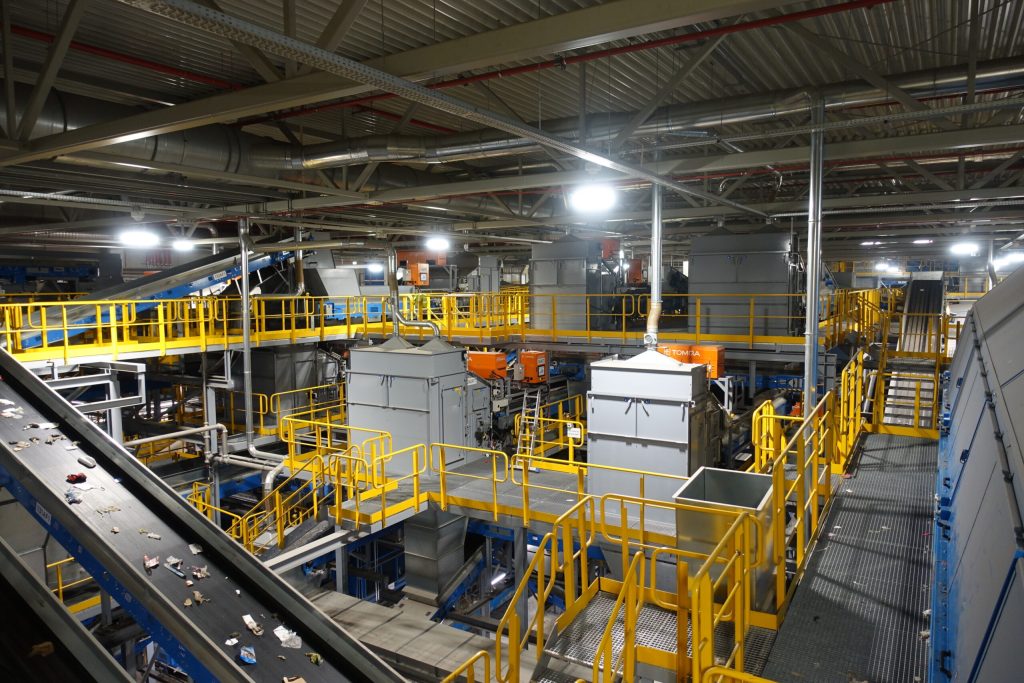
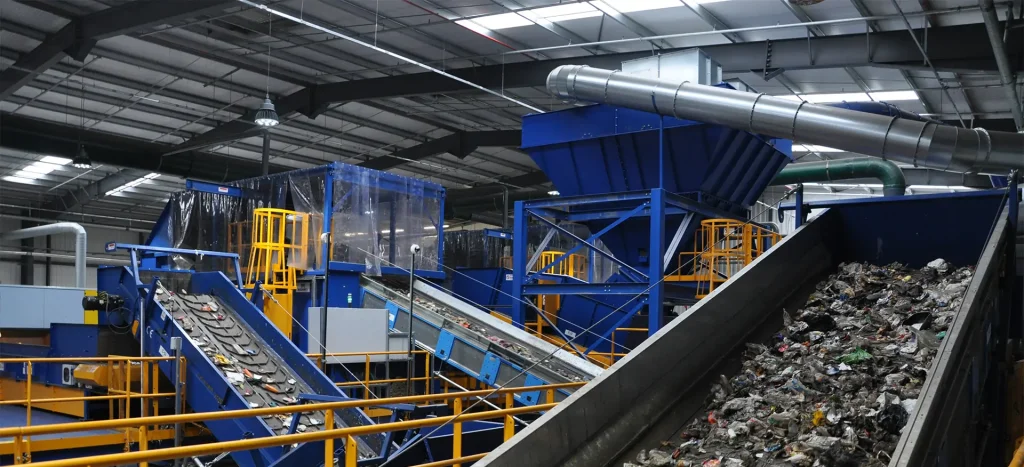

We provide the design and equipment for the following fertilizer granulation systems
Give us a call or Simply Complete the Form
Address:Zhengzhou City, Henan Province, ChinaPhone:+86-15538359886Email:[email protected]
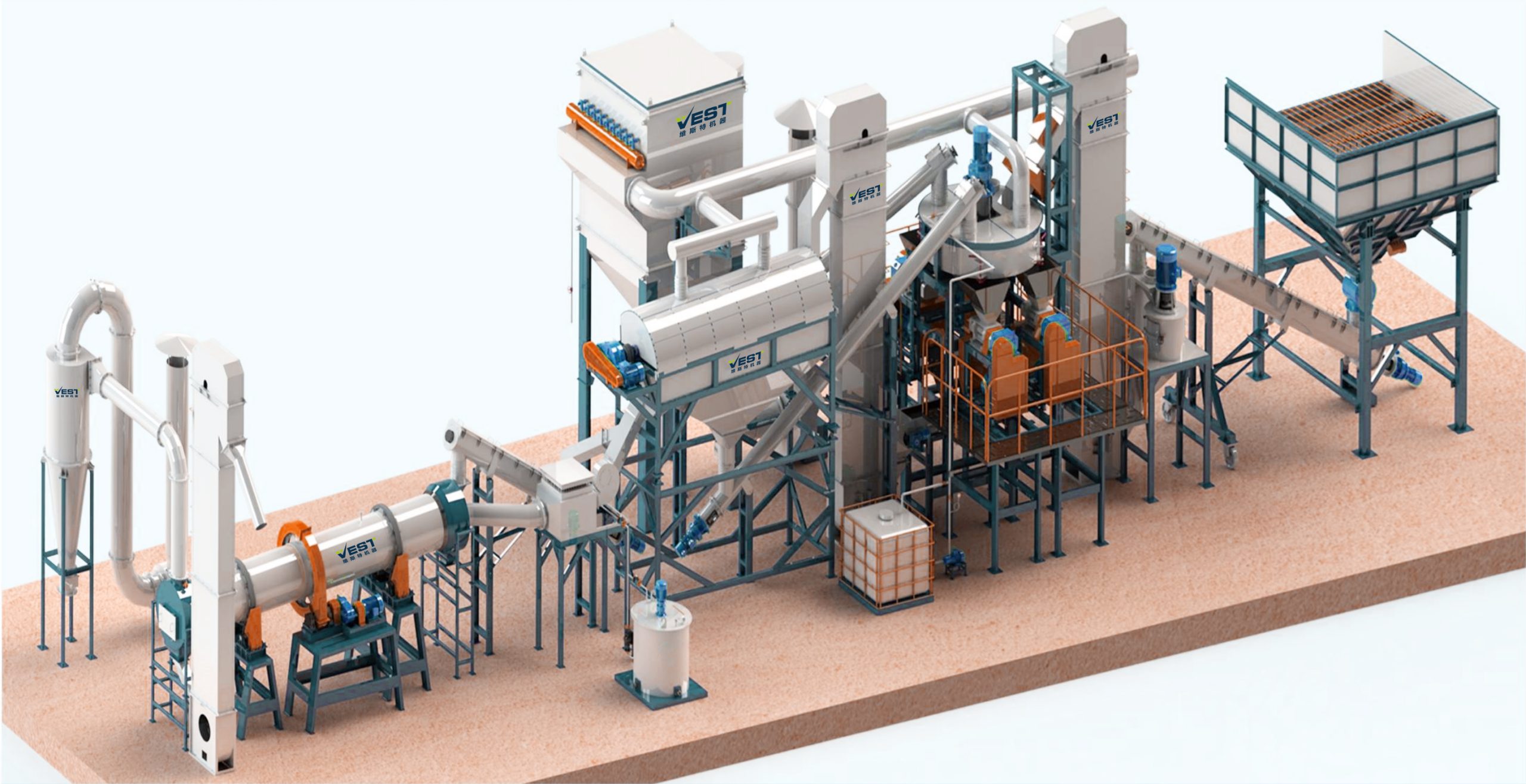
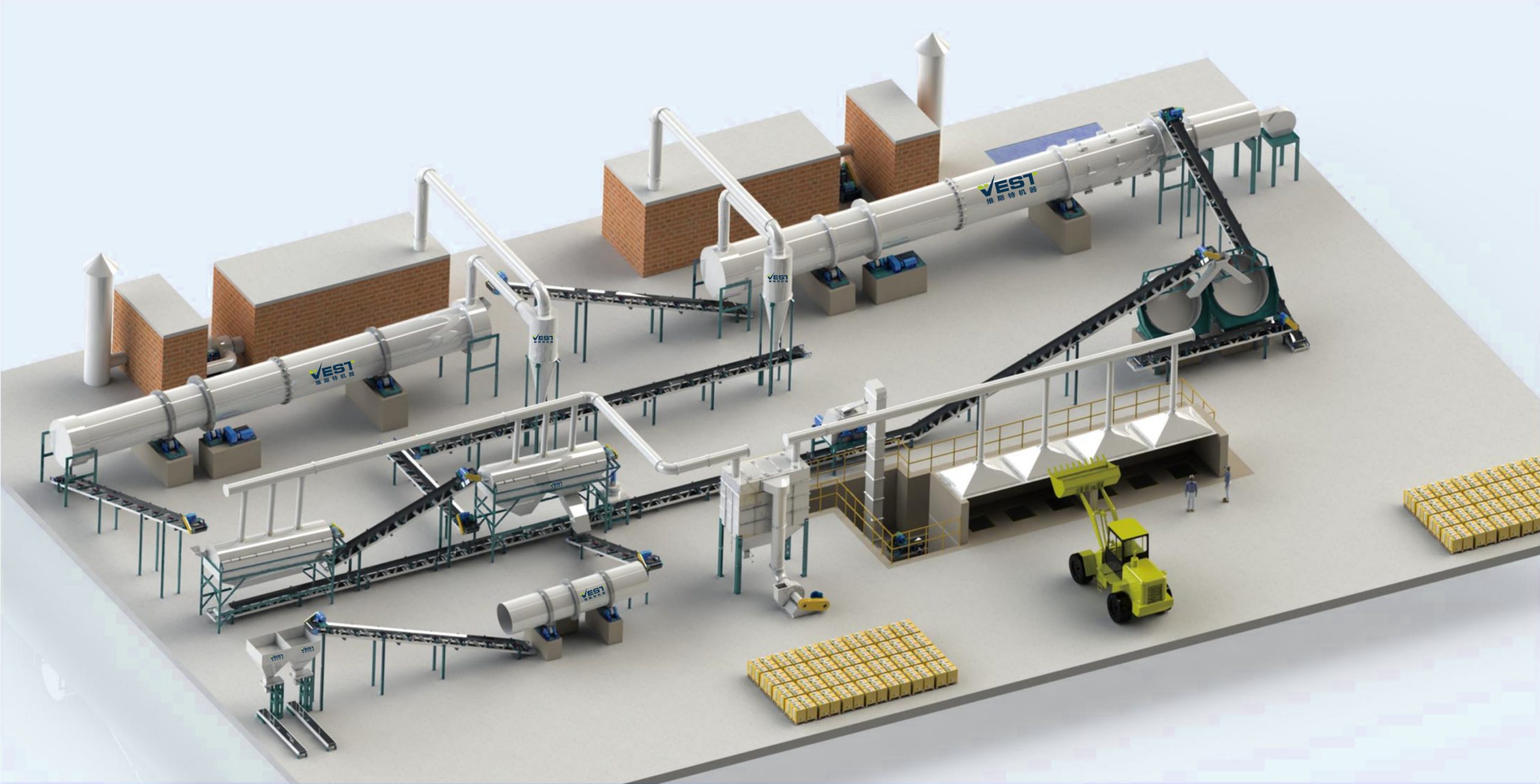
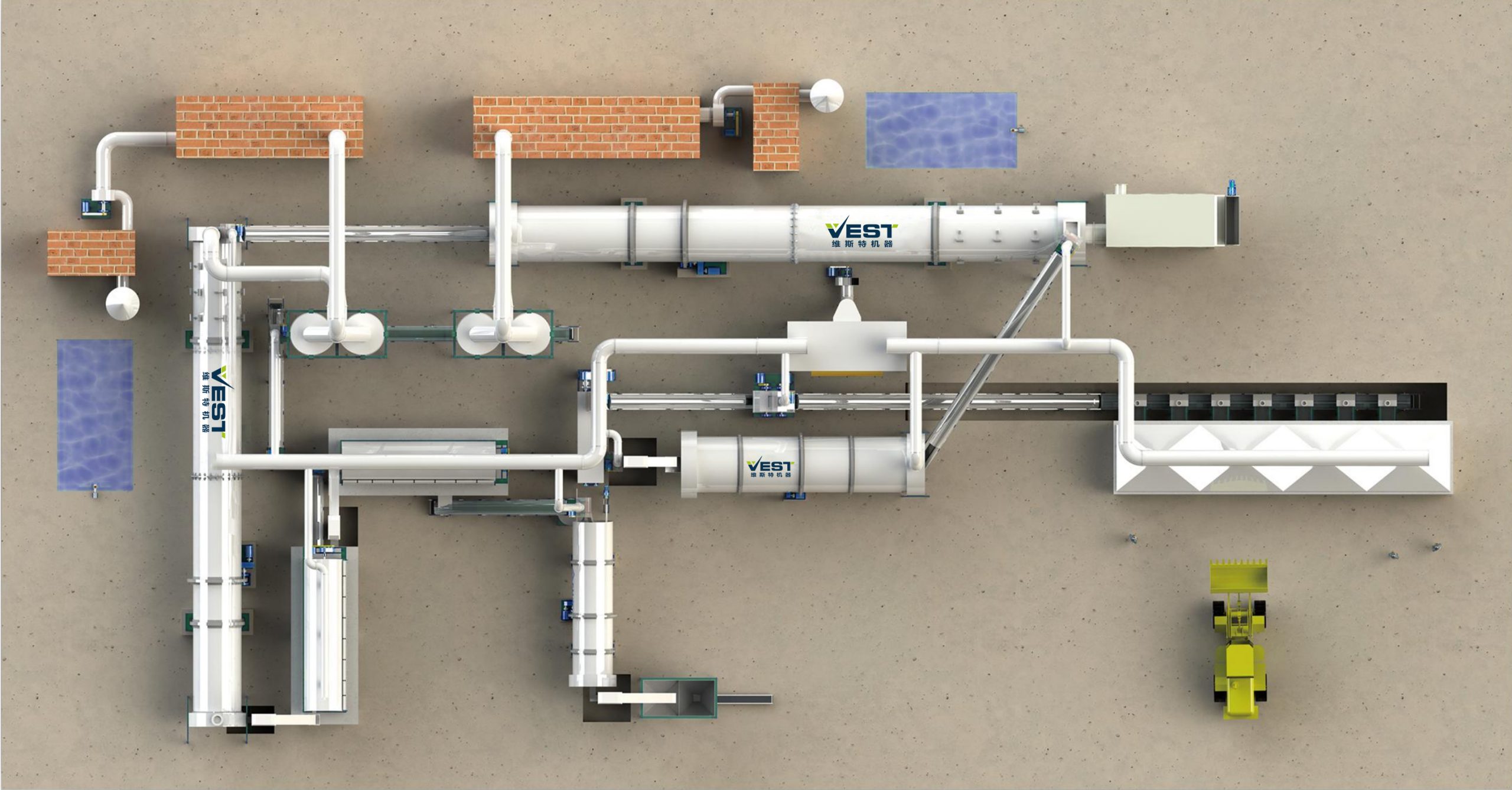
.png)